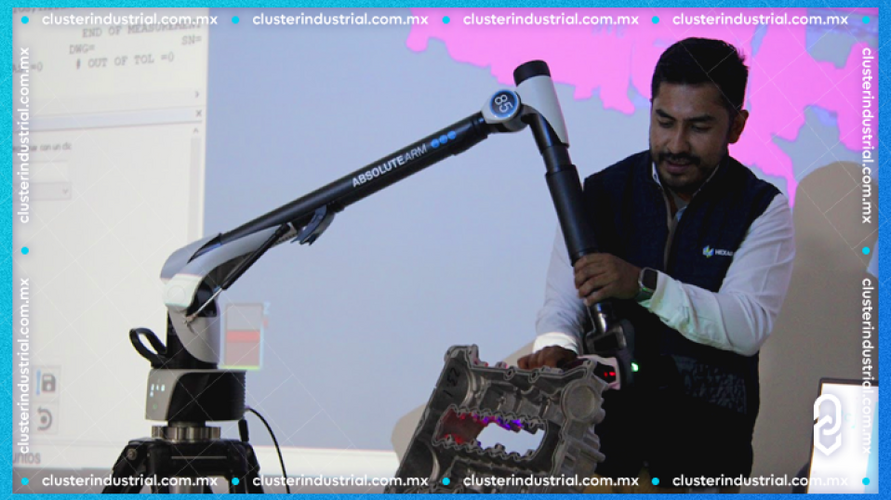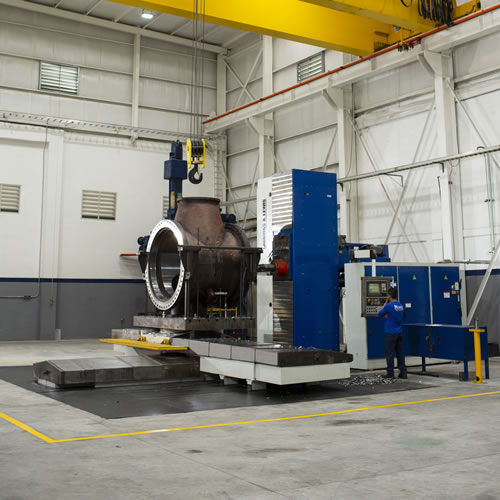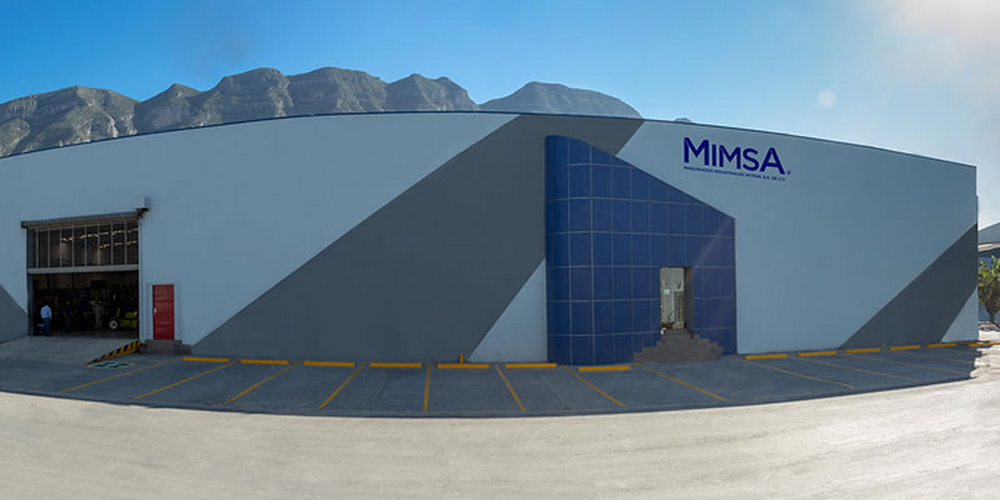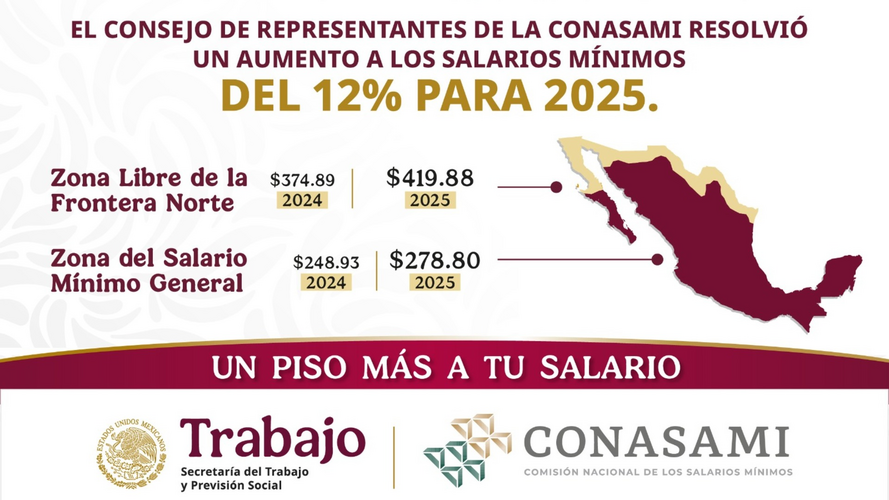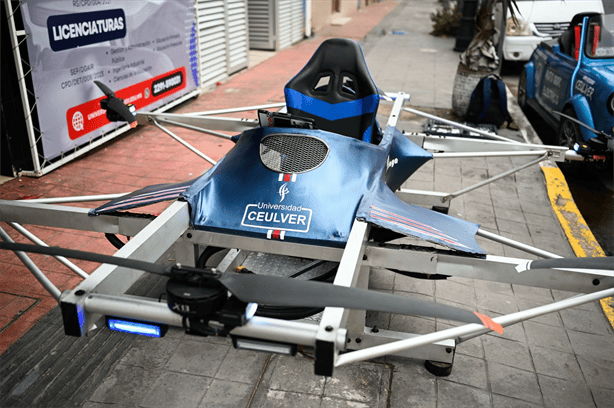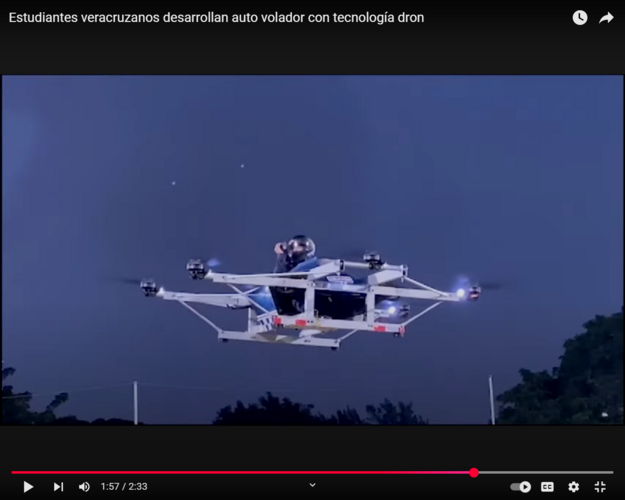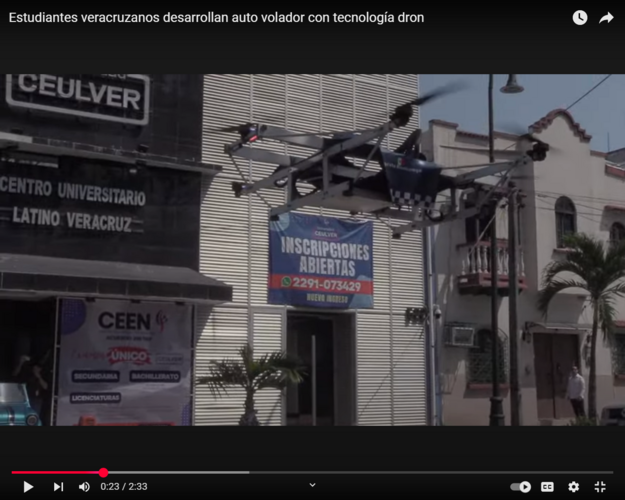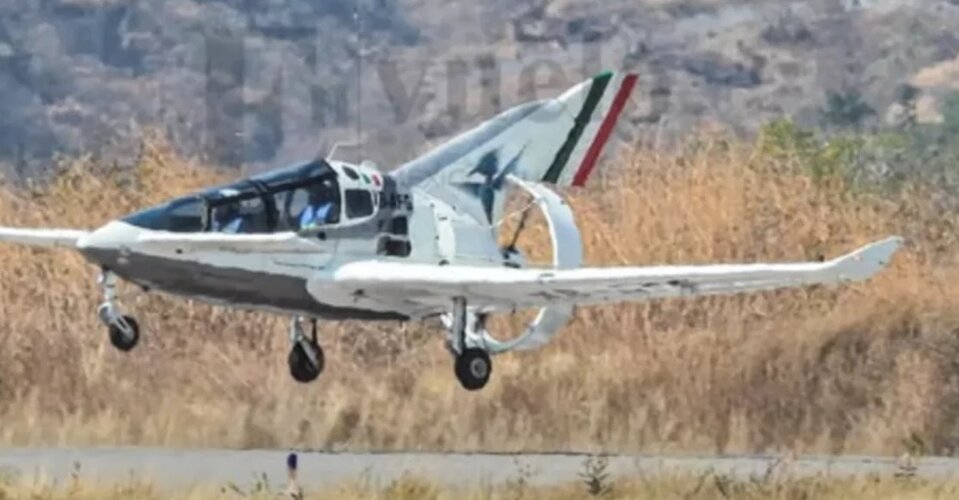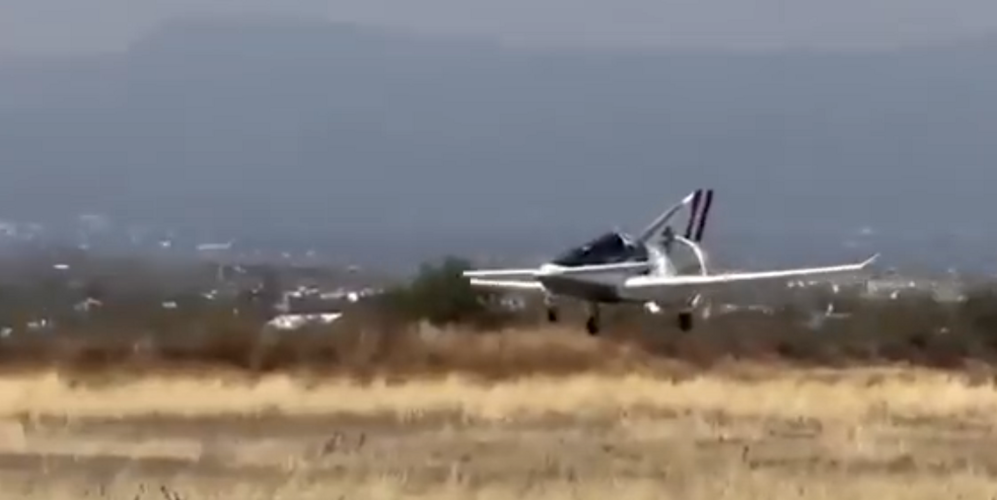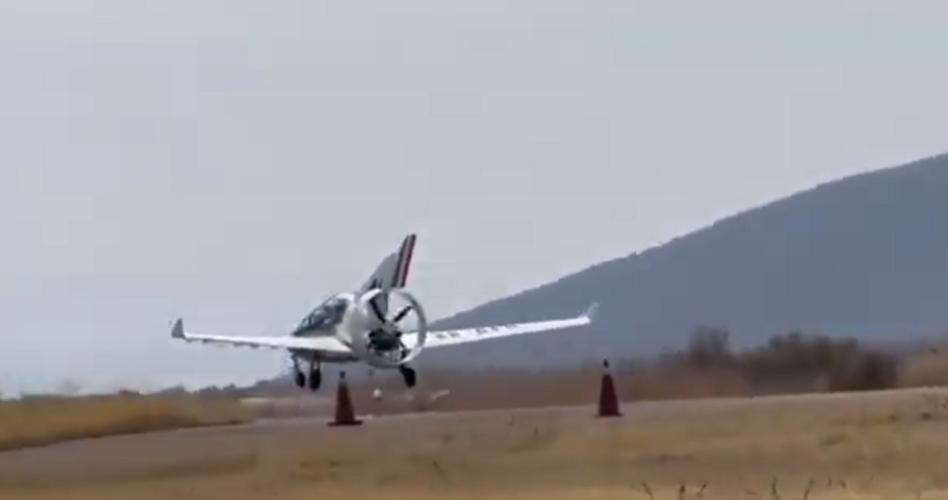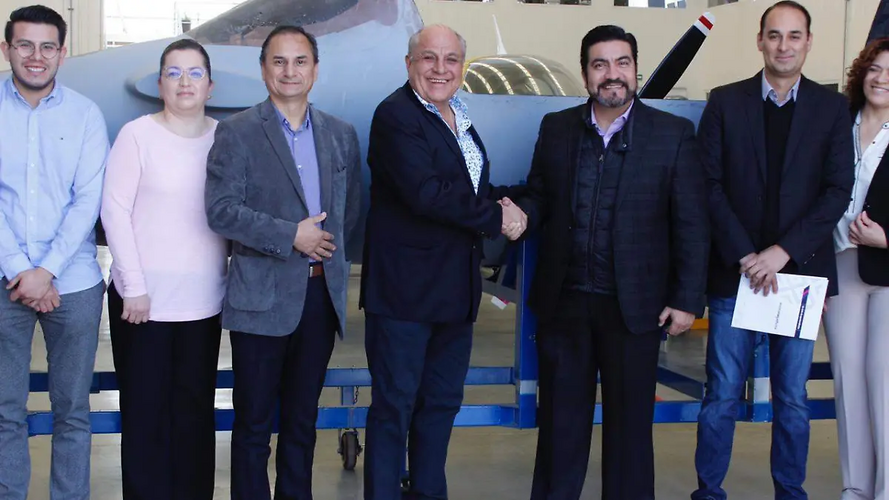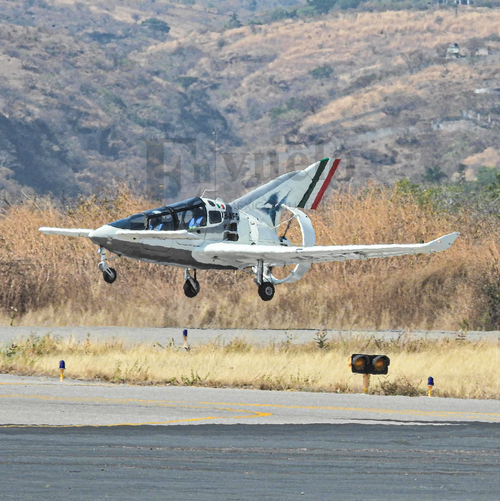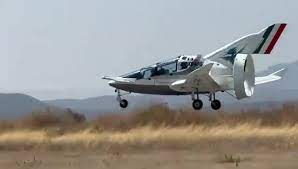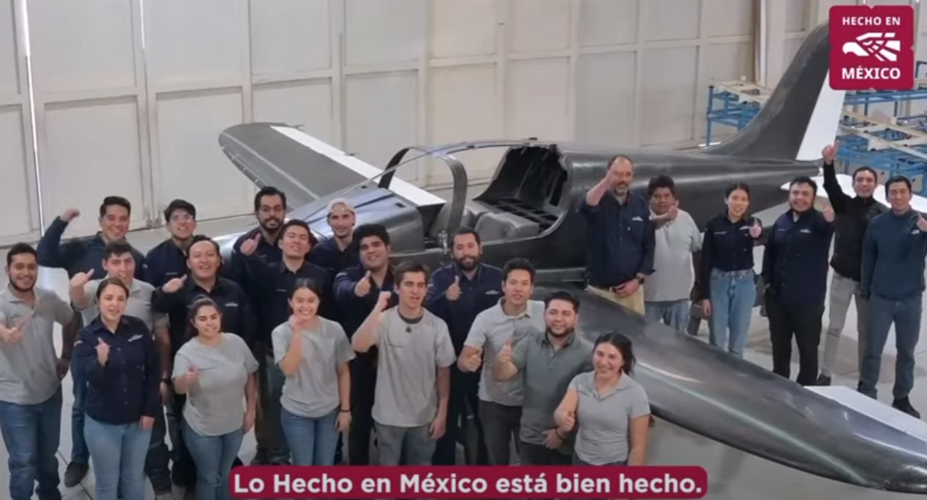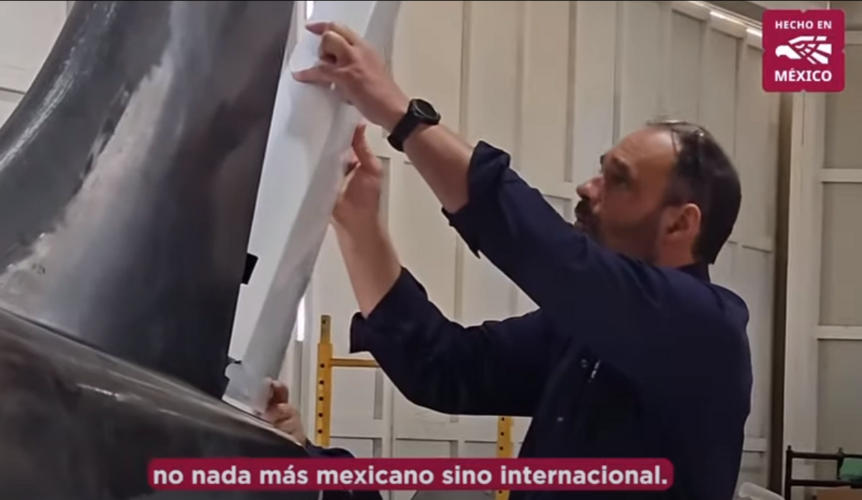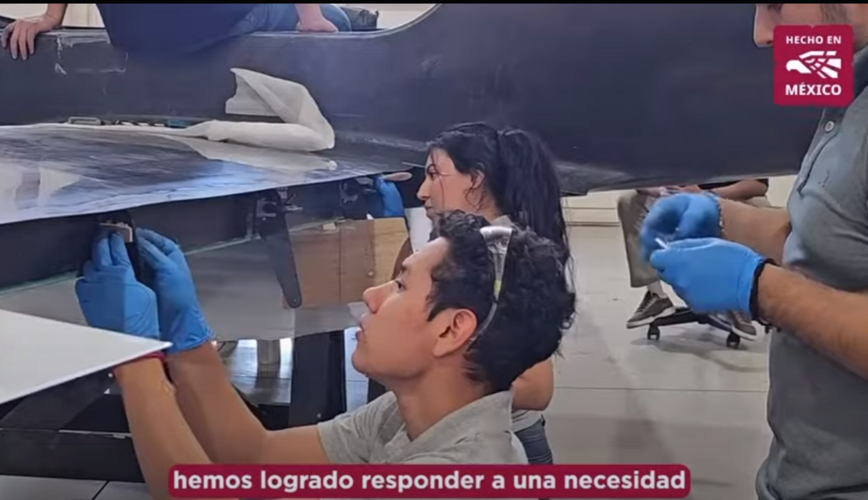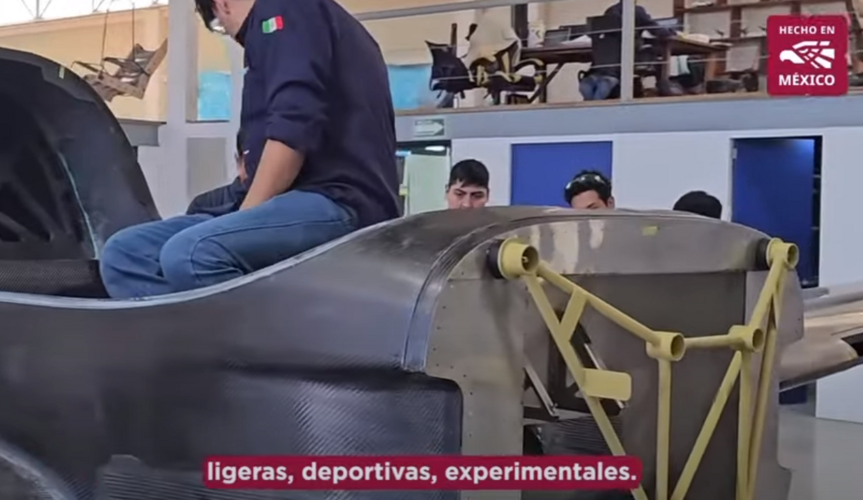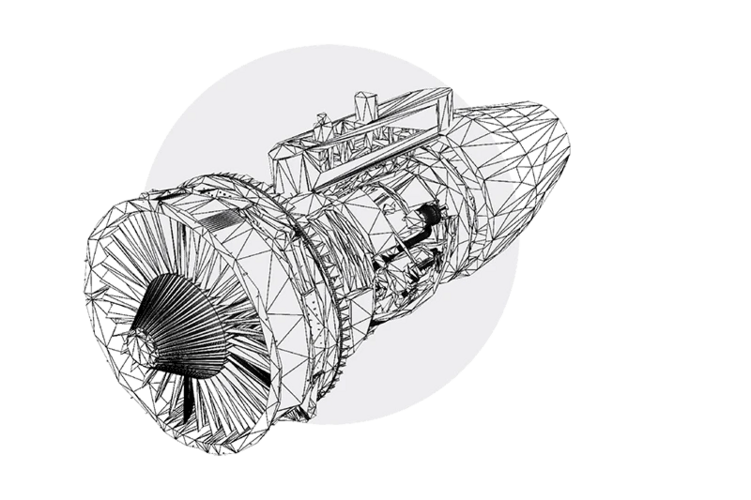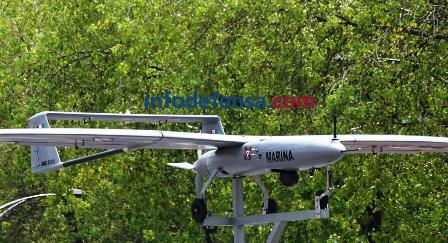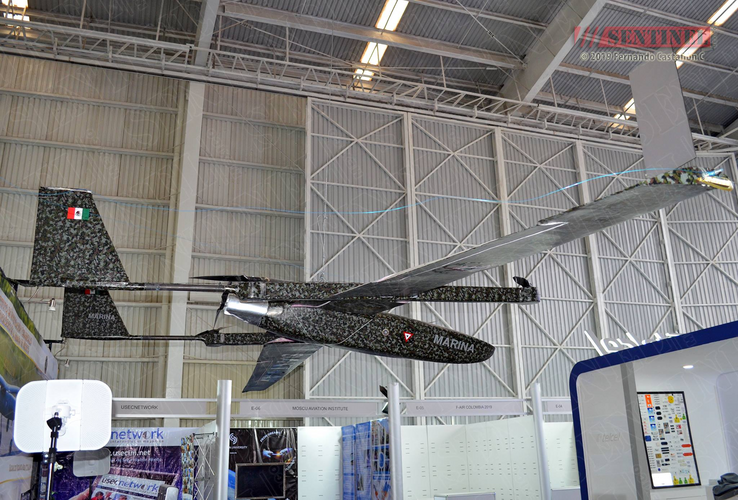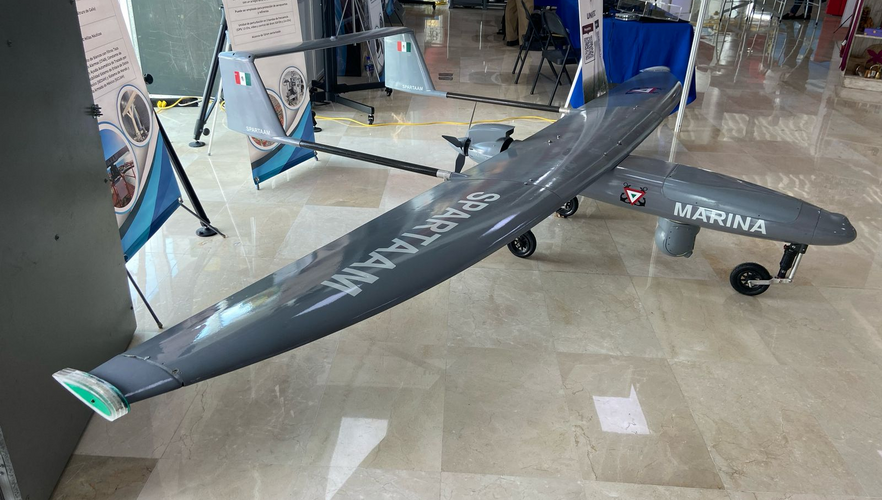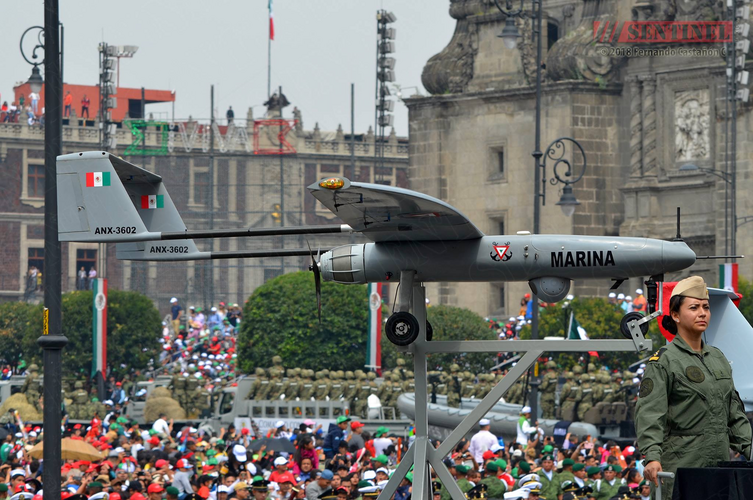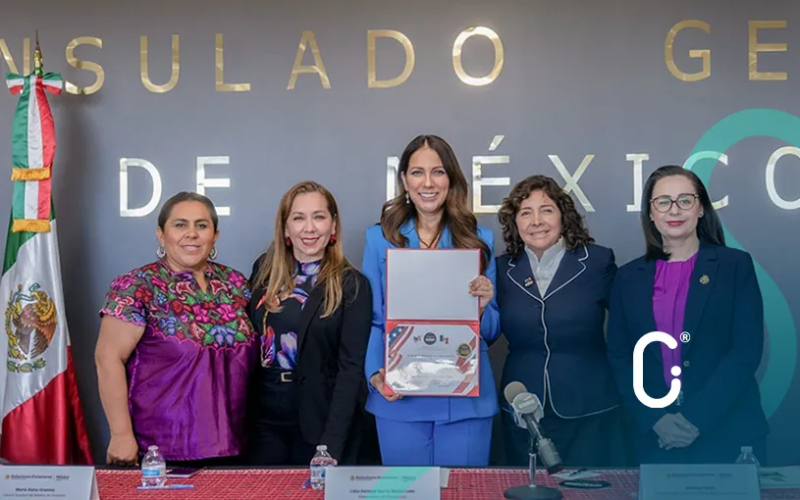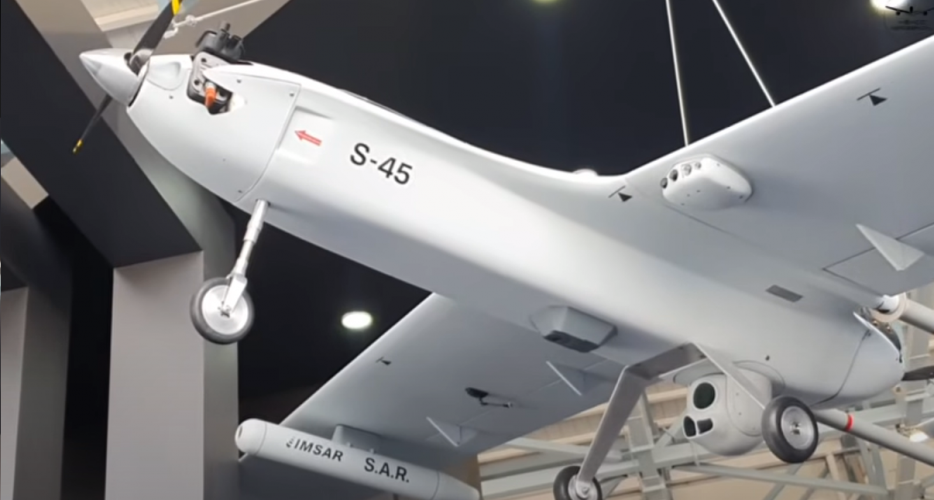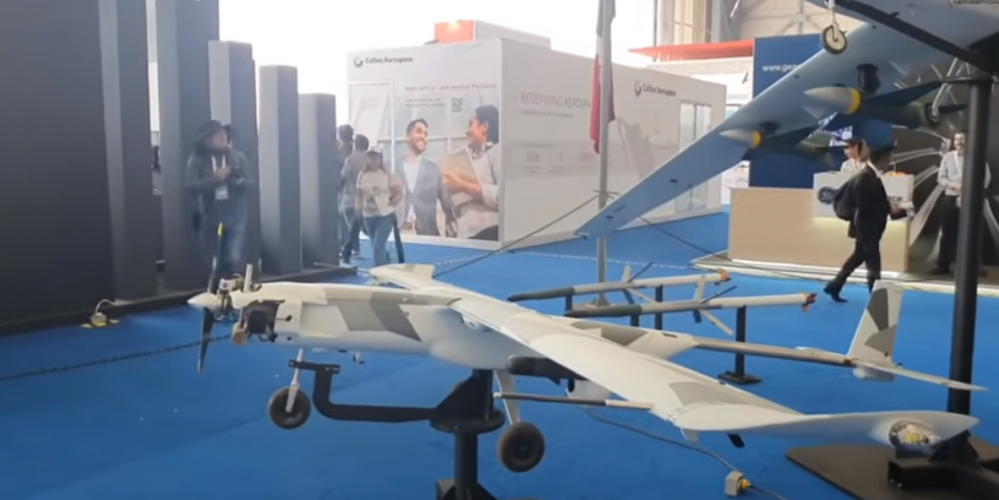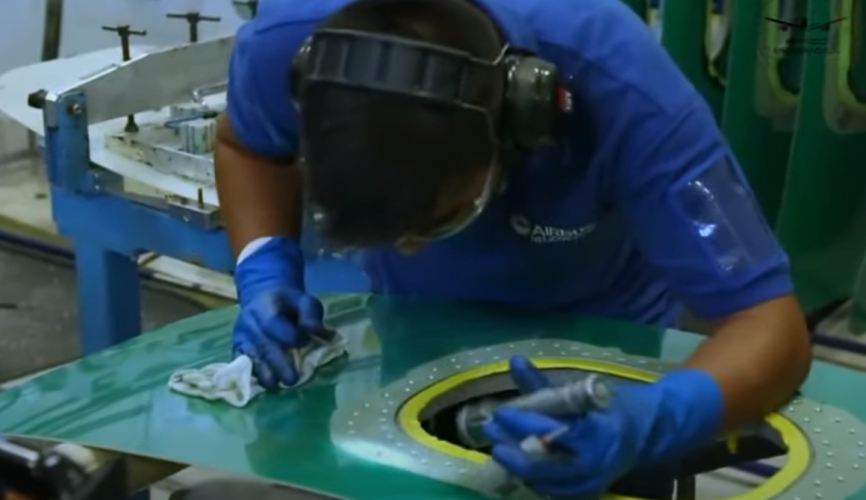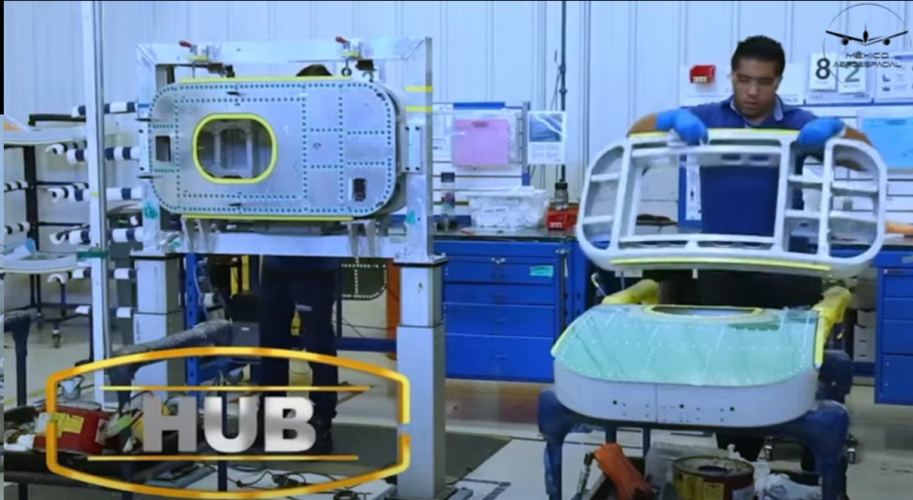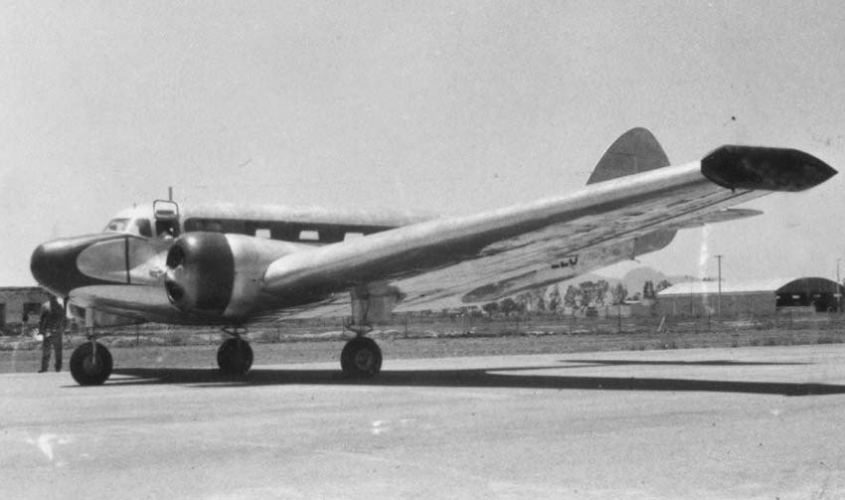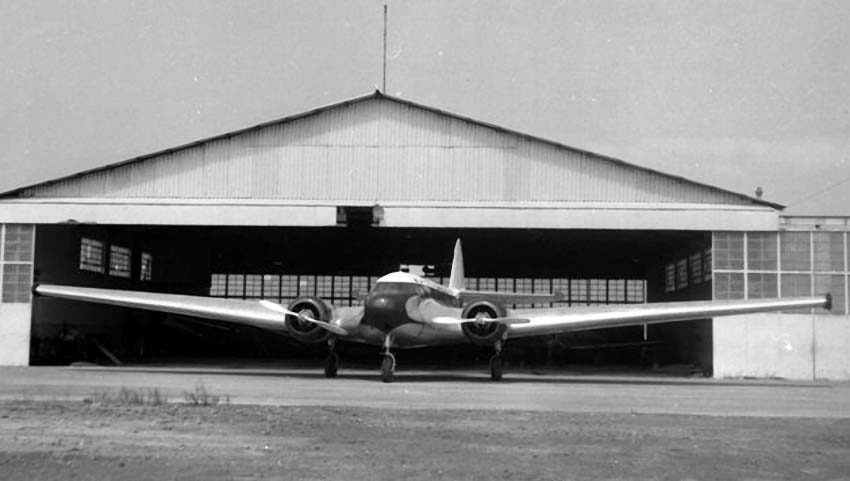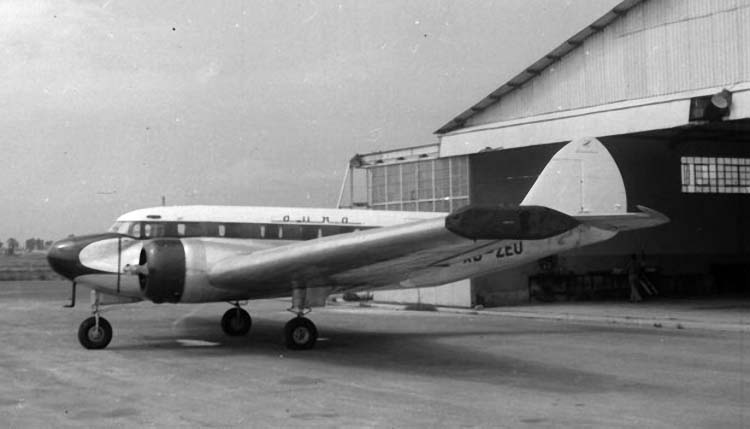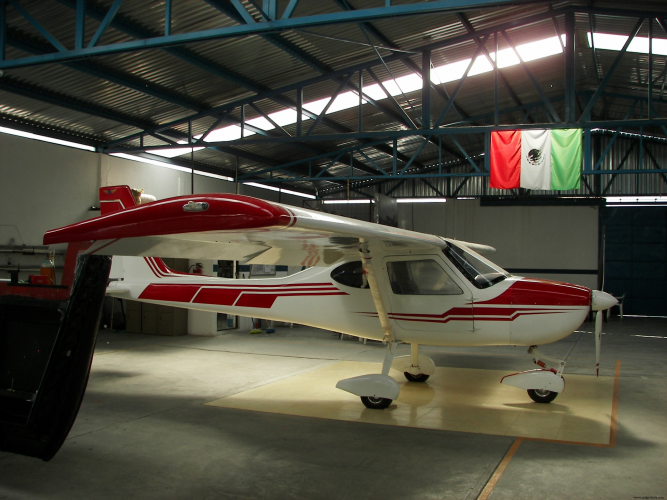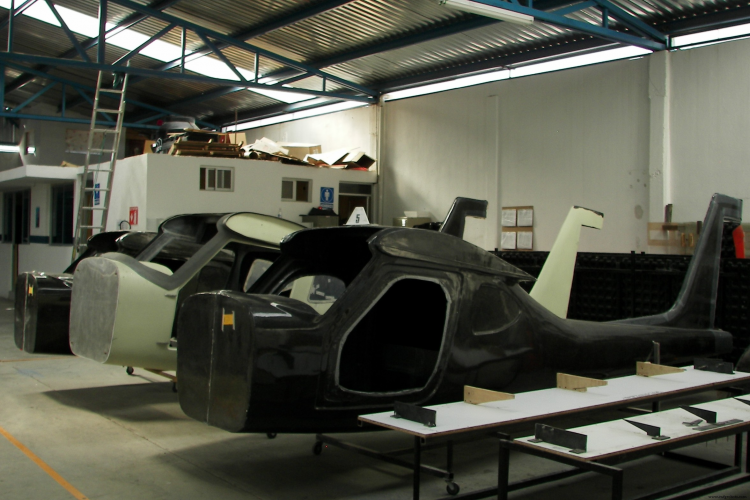F-14ATomcat
ACCESS: Secret
- Joined
- 26 May 2024
- Messages
- 422
- Reaction score
- 727
In light of the years, it is very likely that the Israeli company, by not obtaining authorization for the sale of the J-79 engine, offered the FAM, as it did to Argentina, an aircraft like the Nesher, which was a transitional version developed from the Mirage V with various modifications, scarce avionics and reduced daytime attack capacity and without radar, which contrasted with the performance of a new aircraft like the F-5E and which totally tilted the purchase option towards the Northrop aircraft.

Mexican Delegation in Israel to Discuss Possible Purchase of Kfir - Jewish Telegraphic Agency
— Mexico’s Defense Minister, Gen. Felix Lopez, arrived in Israel yesterday at the head of a 16-member delegation including the deputy chief of staff and senior army officers, as guests of Premier Menachem Begin. During his six days here Lopez will be discussing with Defense Ministry officials...
Mexican Delegation in Israel to Discuss Possible Purchase of Kfir
January 13, 1981— Mexico’s Defense Minister, Gen. Felix Lopez, arrived in Israel yesterday at the head of a 16-member delegation including the deputy chief of staff and senior army officers, as guests of Premier Menachem Begin. During his six days here Lopez will be discussing with Defense Ministry officials the possible purchase of Israeli-designed and produced Kfir fighter planes.
Israel has for some years been seeking foreign buyers for the Kfir, already in service with the Israel Air Force for several years. But sales have long been blocked by American refusal to grant licences for the use of the U.S.-made jet engines which power the aircraft. Agreement to allow their sale as part of the Kfir to Mexico and other countries was granted some months ago.
Australia was at one time interested in the Kfir but withdrew, reportedly under Arab pressure and the urging of the U.S. aircraft manufacturers.
Hints at a possible purchase by Mexico were seen in welcoming remarks by Deputy Defense Minister Mordechai Zipori and Lopez. Zipori hailed Mexico as a “great, free, democratic and independent country, free from pressures by oil states and the great powers.” Lopez replied that his visit had the full blessing of the Mexican President and should result in measures to the benefit of both countries.
Mexico has reportedly been interested in the Israeli-made plane for some time, as part of its program for re-equipping its air force. The Kfir is said to be competing with the American-made F-15E plane, for an order of 24 aircraft.
Mexico already has a number of Israeli-made aircraft and equipment, including the Arava and Westwind planes and electronic equipment.
Lopez is due to inspect the Kfir production line at the Israel Aircraft Industries factory Wednesday. His visit to Israel comes less than two weeks after that of Colombian Defense Minister Luis Carlos Camacho Levya, who also headed a delegation which came to inspect the Kfir fighter and discuss possible purchases.
History of the Mexican Air Force: 1945-2012 - Defence Aviation
After World War II, the Mexican Air Force had a large number of combat aircraft like the Beechcraft AT-11 Kansan, North American Aviation B-25 Mitchell’s,
 www.defenceaviation.com
www.defenceaviation.com
Around the early part of the 1970’s, FAM retired their obsolete de Havilland Vampires from service in which left the AT-33A Shooting Stars as their only jet fighter/trainer in service. SEDENA initiated a requirement for a new supersonic fighter and interceptor for the Mexican Air Force to protect Mexican airspace from external threats and to supplement their AT-33A fleet. In mid-1970’s, FAM bought another batch unknown numbers of AT-33A’s to make up the shortfall from their retired Vampires while at the same time, Mexico was looking at new fighters. The news fighters that FAM was interested were the French made Dassault Mirage F-1, Israeli made Israel Aircraft
Industries or IAI Kfir C.2 and the U.S made Northrop F-5E/F Tiger II which fit the bill for their air force. So, in 1978, the Mexican Air Force chose the IAI Kfir C.2 in which they’ve ordered twenty-six Kfir C.2/TC.2’s with a proposed license deal to make the Kfir in Mexico and possibly for other foreign air forces.
Later that year, FAM ordered twelve Pilatus PC-7 Turbo Trainers from Switzerland for training and counter-insurgency or COIN role. In 1979, the Carter Administration vetoed the Mexican Kfir deal over the use of the General Electric J79 engines which the United States considered “high tech” in which a few American allies at the time were allowed access to the engine. Despite these hurdles, FAM decided to order the twenty-four Northrop F-5E/F Tiger II for their service in which they will based in Santa Lucia Air Base near Mexico City for air defense and interception roles. In the early-1980, SEDENA ordered another seventy-six PC-7 Turbo Trainers (which was the largest PC-7 order at the time) to finally replace their World War II vintage AT-6 Texans and the T-28 Trojans which were obsolete along with being grounded most of the time due to lack of spare parts.
During the same period, the Mexican Air Force was interested in the new Dassault Alpha Jet and Vought LTV was also offering the A-7 Corsair II to Mexico for attack and strike roles. Nevertheless, the golden age was coming to a close.



